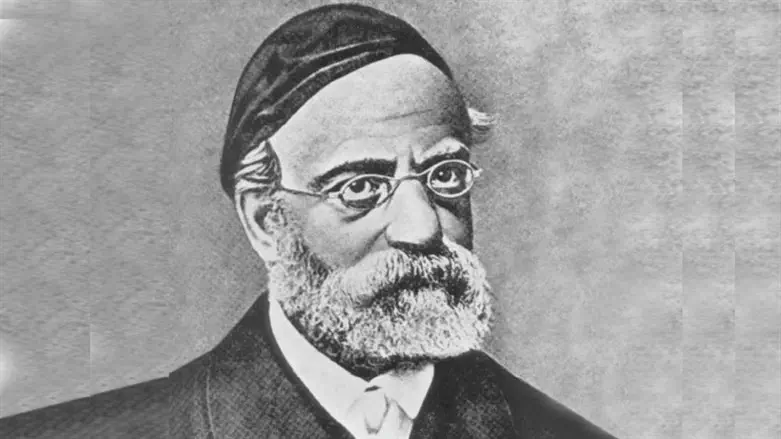
We’re all familiar with them: people who passionately emphasize keeping one part of the Torah while treating another part with almost cavalier indifference.
Some non-frum Jews pontificate on keeping the Torah’s ethical laws while regarding the Torah’s sexual laws as mere suggestions – a matter of “personal choice.” Some frum Jews, meanwhile, zealously guard the Torah’s sexual laws while treating lightly the Torah’s ethical laws.
The Torah addresses both groups of people in this week’s parsha, writes Rav Hirsch. The list of curses that the Levi’im announced before Har Gerizim and Har Eival concern both ethical and sexual sins. Indeed, they are interwoven. Verses 17 through 19 in Deuteronomy 27 concern ethical sins, verses 20-23 concern sexual sins, and verses 24-25 again concern ethical sins.
Why are they interwoven?
Because, writes Rav Hirsch, Hashem rejects the notion that sexual sins are private matters that “don’t affect the public” as well as the notion that ethical sins are not “so grave.” He wants us to regard both as very serious. So He placed both categories of sin together.
But Hashem did more than that. To emphasize this point even more, to “stress [the] complete lack of any distinction” between these two categories, the Torah presents every curse of Deuteronomy 27 as a stand-alone paragraph – except two, the curses of verses 19 and 20. These two curses appear together (without a setumah separating them). One of them concerns an ethical sin and the other a sexual sin.
Rav Samson Raphael Hirsch (1808-1888) – head of the Jewish community in Frankfurt, Germany for over 35 years – was a prolific writer whose ideas, passion, and brilliance helped save German Jewry from the onslaught of modernity.
Elliot Resnick, PhD, is the host of “The Elliot Resnick Show” and the editor of an upcoming work on etymological explanations in Rav Samson Raphael Hirsch’s commentary on Chumash.
...
